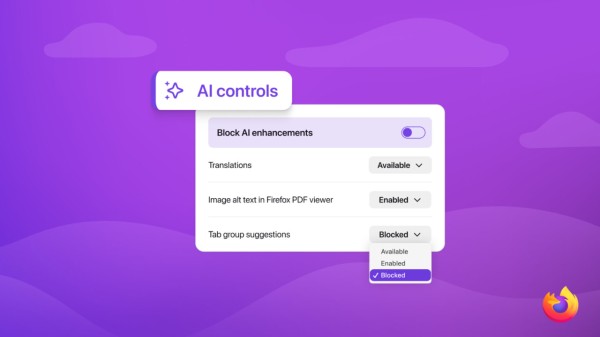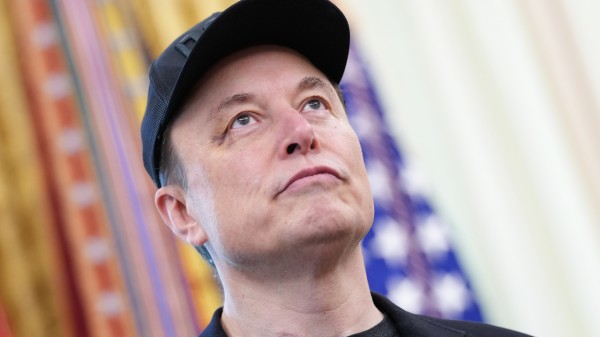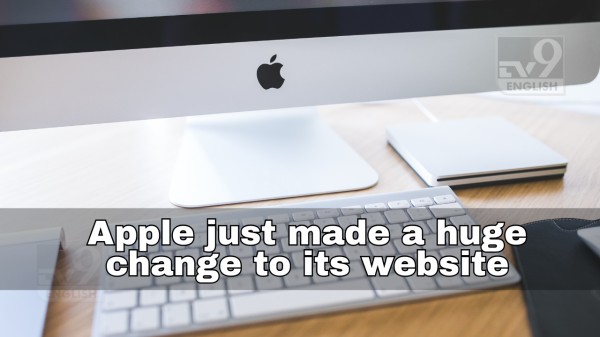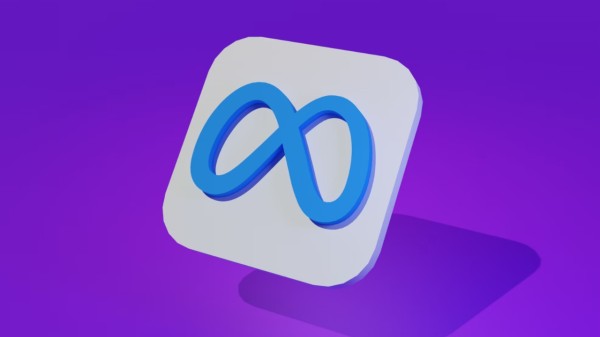

By signing in or creating an account, you agree with Associated Broadcasting Company's Terms & Conditions and Privacy Policy.


By signing in or creating an account, you agree with Associated Broadcasting Company's Terms & Conditions and Privacy Policy.
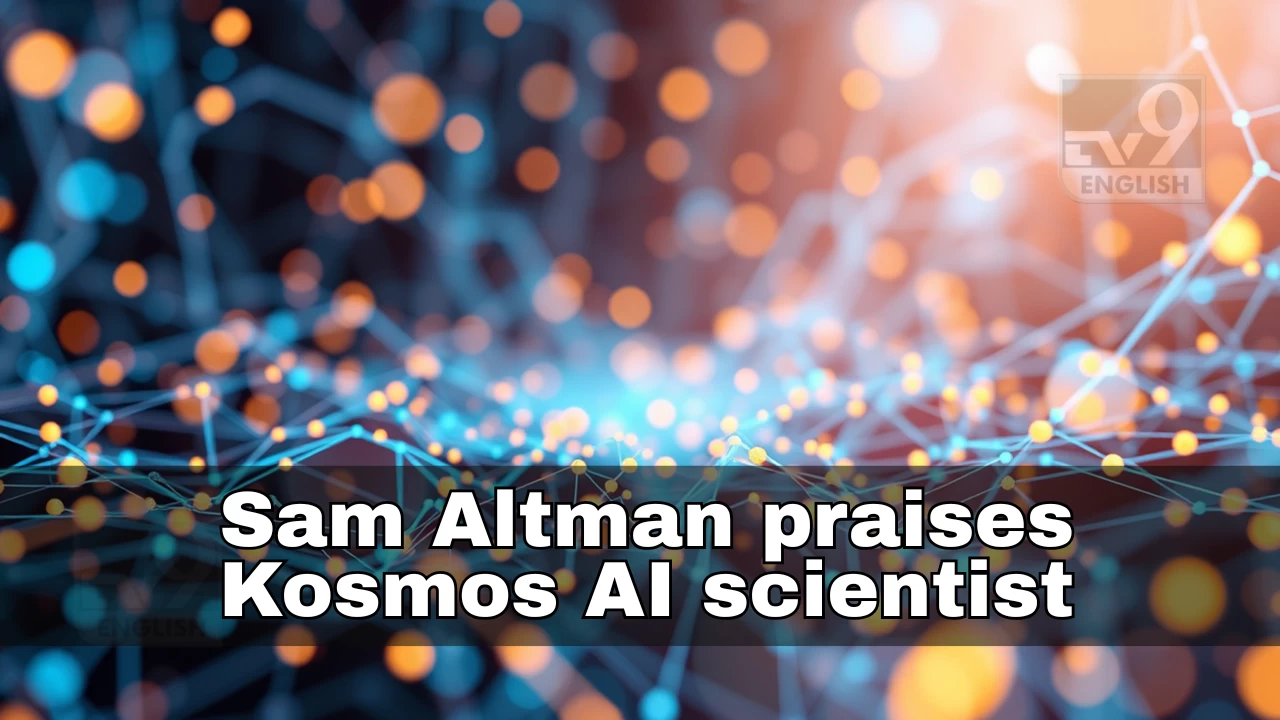
Just two years ago, the team at FutureHouse set out to build something most scientists considered impossible for this decade, a fully functioning AI scientist. At the time, they thought it would take at least ten years. But things moved fast. Faster than even they expected. On 5th November, the group officially introduced Kosmos, an AI system designed to automate and accelerate data-driven scientific discovery.
What makes Kosmos stand out isn’t just the tech, but the timing. In an era where AI chatbots dominate headlines, Kosmos is doing something far more grounded, actual research. It doesn't just summarise papers or crunch datasets. It goes a step further by connecting literature search, hypothesis generation, data analysis and turning them into scientific reports. The kind of work that might otherwise take a human team half a year or more.
Kosmos runs for up to 12 hours at a stretch. In that time, it completes 20 cycles of work, switching between analysing data, reading scientific papers, coming up with hypotheses and then combining everything into a final report. This isn’t just chat-style output. Every statement in Kosmos' report is backed by either code or the scientific paper it pulled information from.
According to FutureHouse, Kosmos can execute about 42,000 lines of code and read around 1,500 research papers during a single session. The system uses something called a “structured world model” to pass knowledge between its data agent and literature agent, allowing both to stay aligned on the scientific goal it was given.
The accuracy of the model is already showing promise. Independent scientists found that 79.4% of the statements in its reports were accurate. Collaborators even said that a single Kosmos run was equal to six months of their research work.
So far, Kosmos has been tested across multiple fields, including neuroscience, statistical genetics, materials science, and metabolomics. The team shared that it made seven discoveries, four of which were new, and three that independently matched findings from preprints and unpublished work that Kosmos had no access to at runtime.
That last bit might sound almost unbelievable, but it’s exactly what researchers dream of: an AI that can not just keep up, but contribute to cutting-edge science.
This sudden leap has also led FutureHouse to spin off a new commercial unit. On the same day as the Kosmos announcement, the team launched Edison Scientific. The goal is to handle the commercial side of things, while FutureHouse will continue focusing on non-profit, foundational research.
“Since we launched our platform in May 2025, we have been inundated with requests for rate limit increases,” the blog post stated, adding that they’ve received inbound interest from “VP- or C-level executives at 6 of the top 10 pharma companies.”
By separating the non-profit and commercial wings, the team believes it can stay focused on scientific goals while meeting growing commercial demand.
OpenAI’s Sam Altman took to X to react to the launch, writing, “This is exciting; I expect we are going to see a lot more things like this and it will be one of the most important impacts of AI. Congrats to the Future House team.”
The buzz around Kosmos reflects growing interest in AI models that do more than generate text or images. Scientific research is complex, slow, and expensive, and if Kosmos can genuinely cut timelines from months to days, it could change the game.
Sam Rodriques and Michaela Hinks, who co-authored the launch blog, wrote, “With few exceptions, virtually everything we have tried has ‘just worked’… the vision that we laid out for an AI Scientist in late 2023 feels immediately within reach.”
They’re not declaring mission accomplished just yet. But with Kosmos, they’ve moved the goalposts closer. And that in itself is no small thing.
